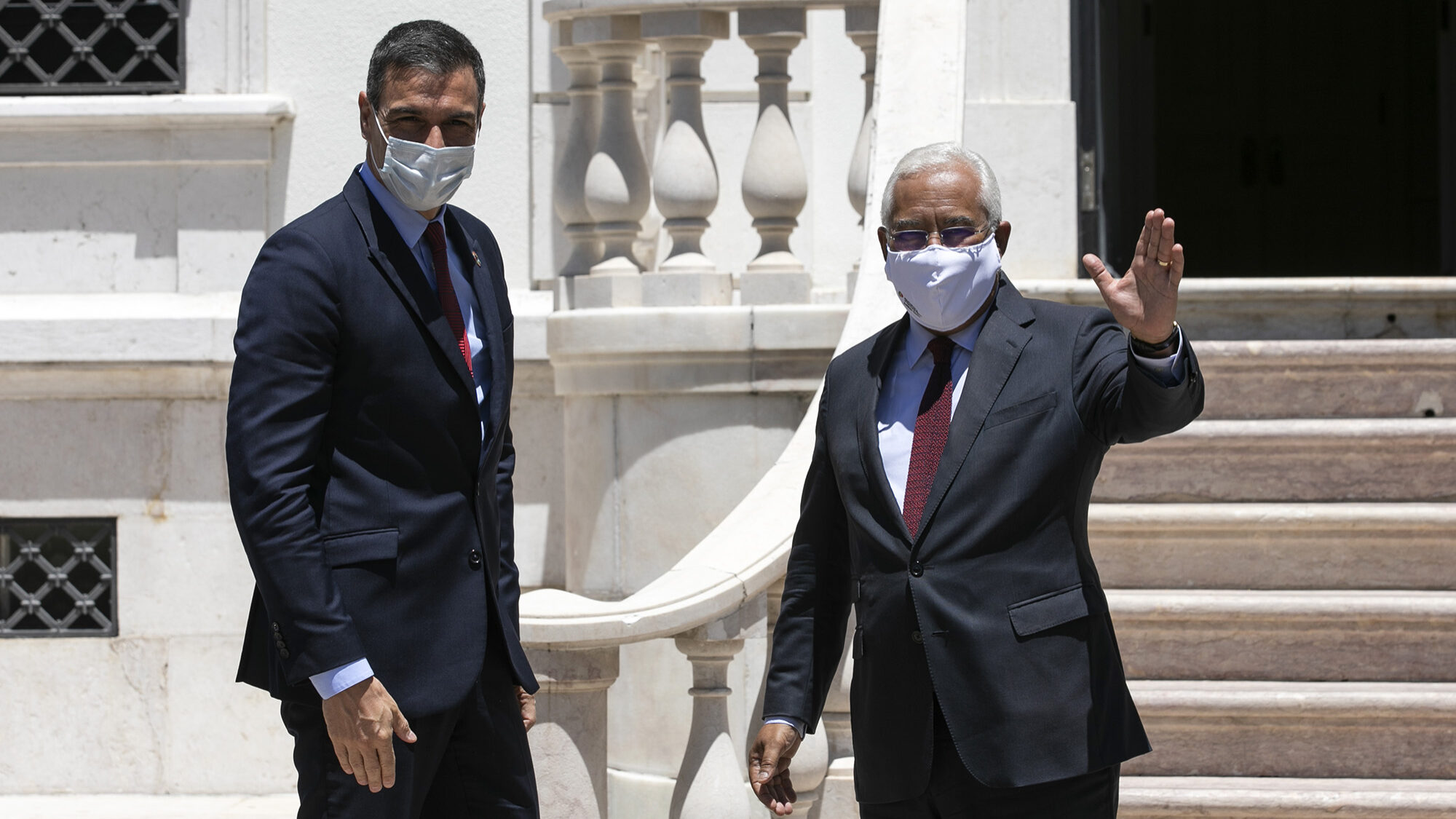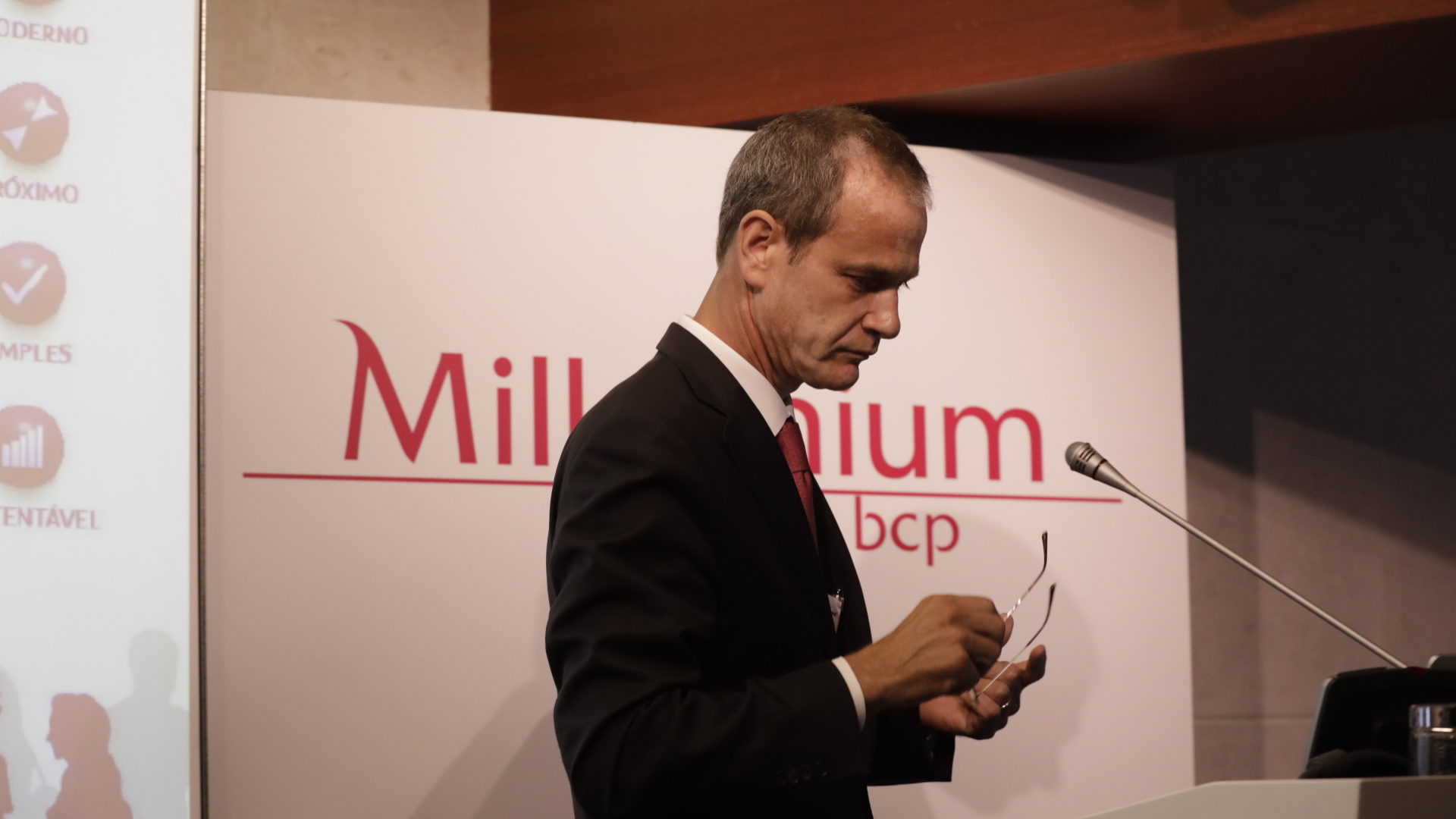EIB may finance Iberian gas pipeline
Mourinho Félix stressed that it was important that this future energy corridor "can be used and is ready to transport [...] 'green' hydrogen.
The European Investment Bank (EIB) is in “exploratory contacts” with Portugal, Spain and France regarding the future maritime pipeline suitable for ‘green’ hydrogen to strengthen the Iberian interconnections, admitting willingness to finance it, if it meets “eligibility criteria”.
The position is that of the vice president of the EIB, Ricardo Mourinho Félix, who, in an interview with Lusa in Lisbon, said that the European Union bank is “obviously available and wants to look at this project or other projects of a similar nature and understand if this project is likely to be framed in what are the eligibilities, ie, if it is a transport project that can reach 100% of gases with low carbon content, in particular hydrogen ‘green’, and if it is a credible project in that dimension”.
“We have an energy financing policy that is very clear, and the EIB does not finance […] any technology based on fossil fuels, [but] the EIB does finance everything concerning transport corridors, whether they are electricity or low carbon gases and that will be the gases and forms of energy of the future,” he explained.
Despite pointing out that the EIB does not yet know “the characteristics of the project”, Ricardo Mourinho Félix stressed that it was important that this future energy corridor “can be used and is ready to transport […] ‘green’ hydrogen, even if in the very short term it can transport a mixture”.
“It is possible, from a technical point of view, to have combinations of gases with low carbon content with gases still of fossil origin and, therefore, in the very short term when there is not yet the supply of ‘green’ hydrogen that will be needed, we can look at this project, provided it meets what are the eligibility criteria of the project,” he said.
According to Ricardo Mourinho Félix, “there are already exploratory contacts”, namely with Portugal.
“I have spoken to some members of the government about this issue, saying that we are always available and, therefore, when they consider that the project is sufficiently mature at the political level, we can start looking at this project and also understand how we can think of a project that has the necessary characteristics to be funded,” he told Lusa.
The governments of Portugal, France and Spain reached an agreement in Brussels at the end of October to speed up interconnections on the Iberian Peninsula, abandoning the existing project, intended only for gas for another that provides a maritime pipeline to be used in the future for ‘green’ hydrogen.
The heads of government and state of these three countries – António Costa, Pedro Sánchez and Emmanuel Macron – have decided to move forward with a ‘Green Energy Corridor’ by sea between Barcelona and Marseille (BarMar) instead of crossing the Pyrenees (MidCat).
The two Iberian prime ministers and the French president also agreed on the need to conclude the future renewable gas interconnections between Portugal and Spain, namely the Celorico da Beira and Zamora (CelZa) connection.
António Costa has acknowledged that he hopes that this new project can be fully financed by European funds, through the Interconnecting Europe Facility, but to do so it should be considered a project of common interest, a classification given to infrastructure initiatives for EU energy systems, such as interconnectors, which allow countries to benefit from accelerated licensing and financing procedures.
The idea is that the new infrastructure on the Iberian Peninsula will allow the distribution of ‘green’ hydrogen and will be technically adapted to carry other renewable gases, and in an initial phase will be intended for a limited proportion of natural gas as a temporary and transitional source of energy.
Former assistant secretary of state for finance, Ricardo Mourinho Félix was appointed EIB vice president in October 2020.


